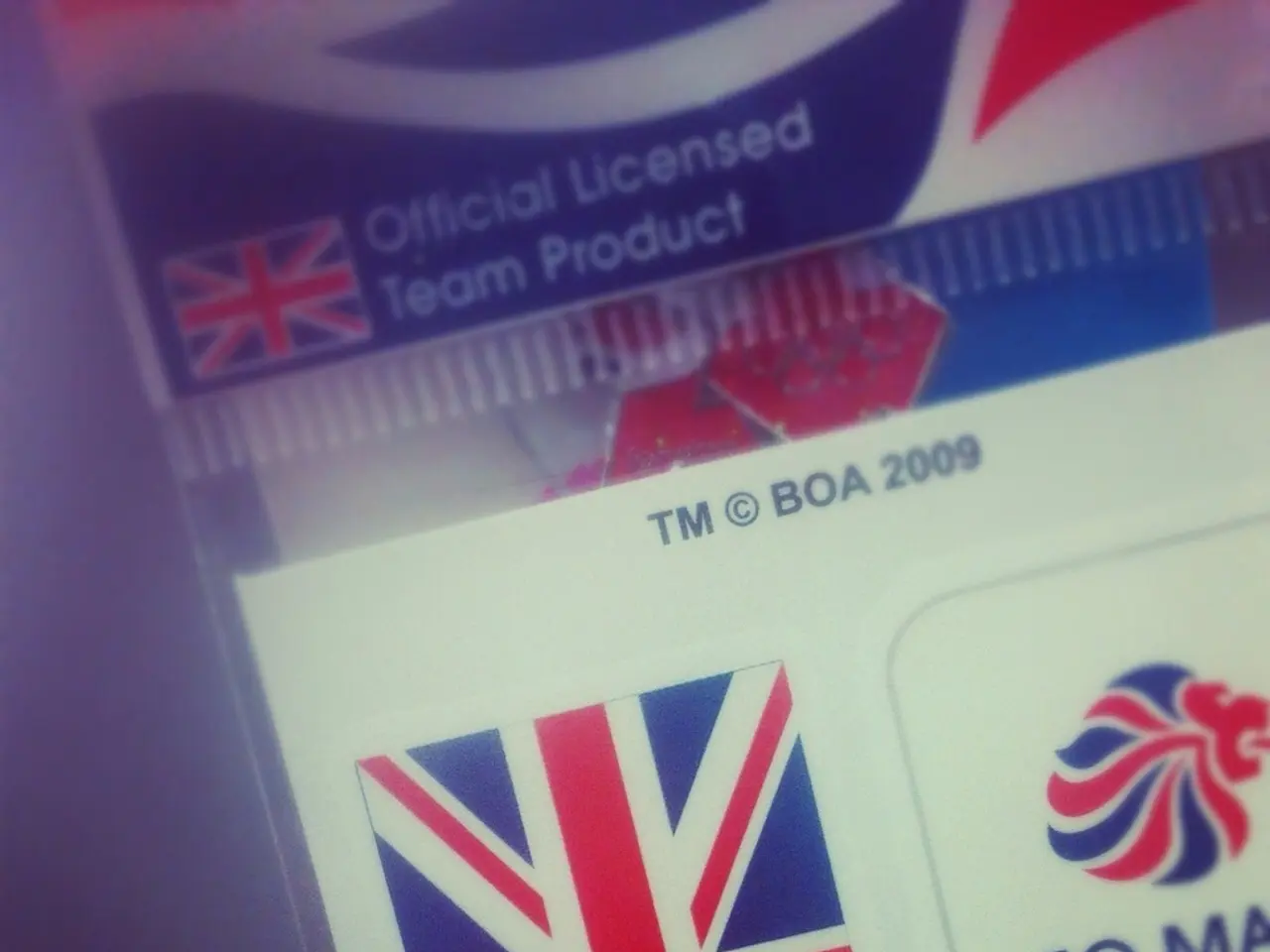Uncovered Weakness in Non-Fungible Tokens (NFTs) of OpenSea
In the rapidly growing world of Non-Fungible Tokens (NFTs), the importance of maintaining robust security measures has never been more evident. A recent vulnerability discovered in the OpenSea NFT marketplace serves as a stark reminder of the need for stricter security across all platforms.
This incident raises concerns about the overall security of NFT marketplaces, with attackers potentially taking buyers' payments and disappearing without delivering the NFTs. To address this issue, stricter security measures are being implemented across NFT marketplaces to prevent fraud and maintain industry integrity.
One of the key measures introduced is comprehensive smart contract auditing. NFT marketplaces are increasingly subjecting their smart contracts to thorough security audits to detect and fix vulnerabilities that could be exploited to steal assets or manipulate transactions. This reduces risks of hacks and exploits, which have caused billions in losses historically.
Another important measure is enhanced regulatory compliance. With initiatives like the SEC’s “Project Crypto” and the Digital Asset Market Clarity Act of 2025, marketplaces are aligning with clearer rules regarding digital asset custody, trading, and disclosures. FinCEN’s vigilance and forthcoming AML/CFT rules for advisers also push NFT platforms to implement stronger anti-fraud and anti-money laundering controls.
User verification and suspicious activity monitoring are also crucial. Marketplaces now implement more robust Know Your Customer (KYC) and Anti-Money Laundering (AML) procedures to detect and prevent fraud and illicit transactions. Financial authorities have issued guidance highlighting red flags for suspicious activities, prompting marketplaces to strengthen reporting mechanisms.
Secure custody solutions are another focus area. There is growing focus on improving custody of NFTs, with rulemaking underway to enable regulated institutions like credit unions to securely hold digital assets for users, thereby enhancing trust.
Integration of security best practices, such as multi-factor authentication, encryption, and continuous monitoring, is also essential to safeguard user assets. Leading platforms like Binance NFT Marketplace employ a range of security controls to protect their users' assets.
Moreover, technical optimizations are being made to address network congestion and transaction fees. Developers are selecting scalable blockchains and optimizing smart contract efficiency to reduce attack surfaces linked with complex transactions.
The vulnerability found in OpenSea underscores the importance of maintaining high levels of security in the growing NFT industry. By taking proactive steps to address vulnerabilities and implement stricter security measures, we can protect NFT buyers and sellers and ensure the integrity of this emerging market. OpenSea temporarily disabled the ability to edit listings to address the vulnerability and refunded affected buyers.
As the NFT market continues to grow, so does the potential for cyber attacks and fraud. However, with the implementation of these layered security measures, the NFT industry is responding to evolving regulatory frameworks, technological challenges, and the need to build consumer confidence by preventing fraud and ensuring asset integrity. They combine technical vigilance, compliance with emerging laws, and proactive user protection to foster a more secure NFT ecosystem.
Read also:
- Industries Under Jeopardy Due to Multi-Accounting: Prevention Strategies Revealed in 2024
- Web3 Esports undergoes transformation as Aylab and CreataChain collaborate for a radical change
- Agencies within the United States and international partners release recommendations on conducting inventories for operational technology assets
- Examining AsianFeels: Insight into their Trust and Safety Policies







